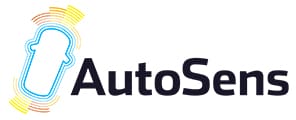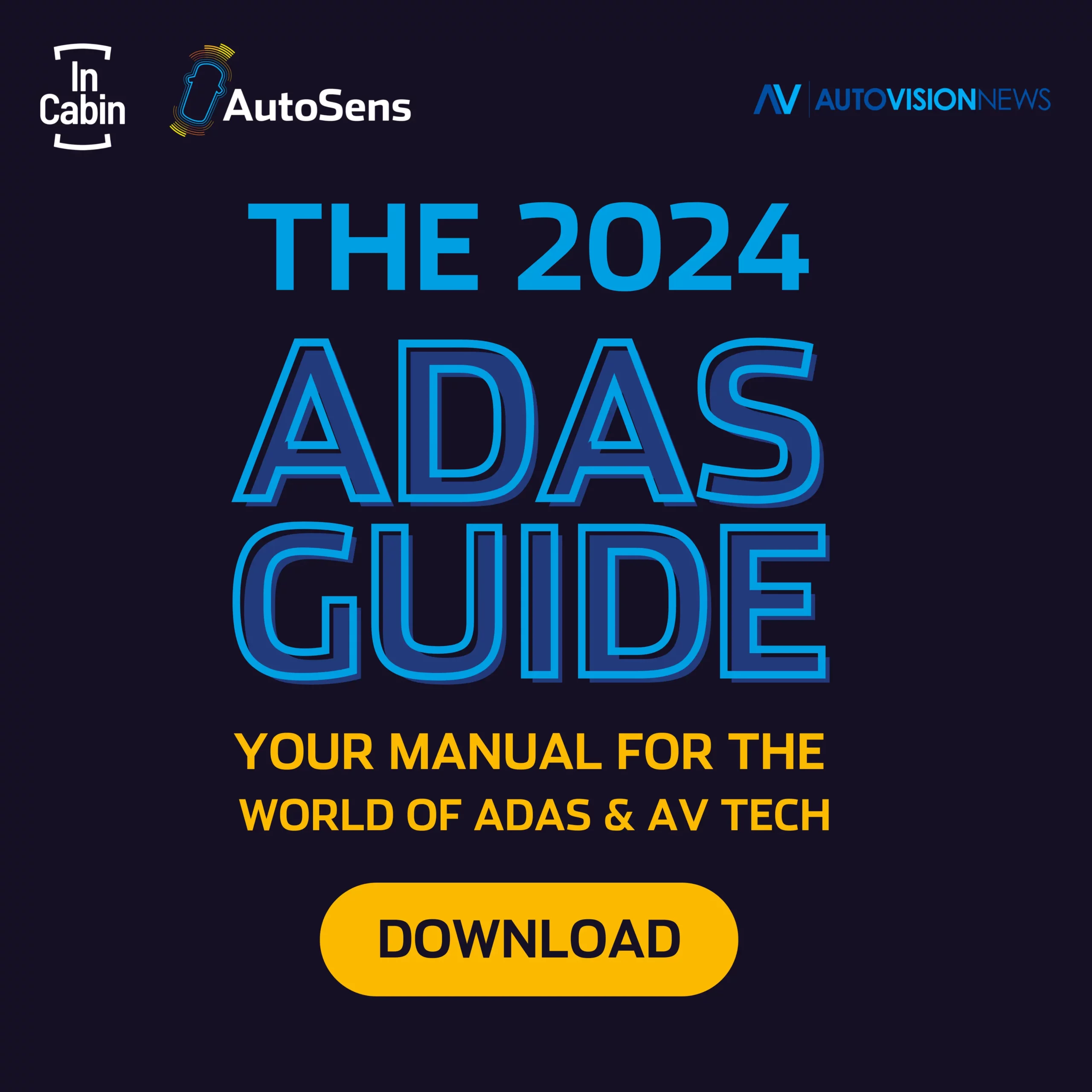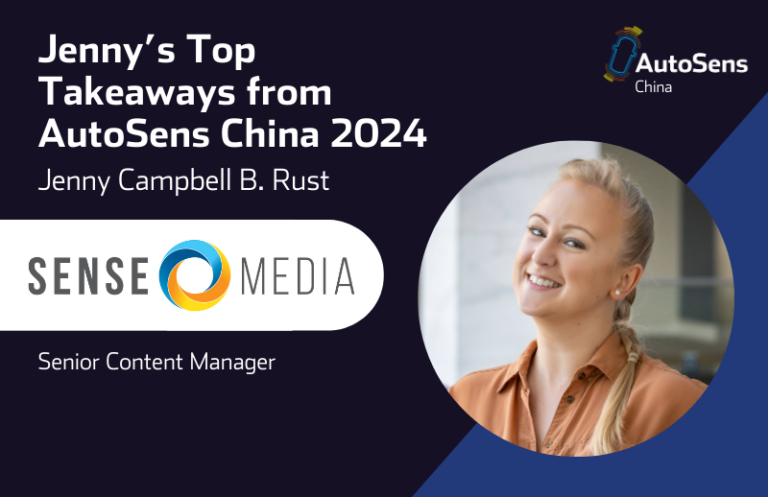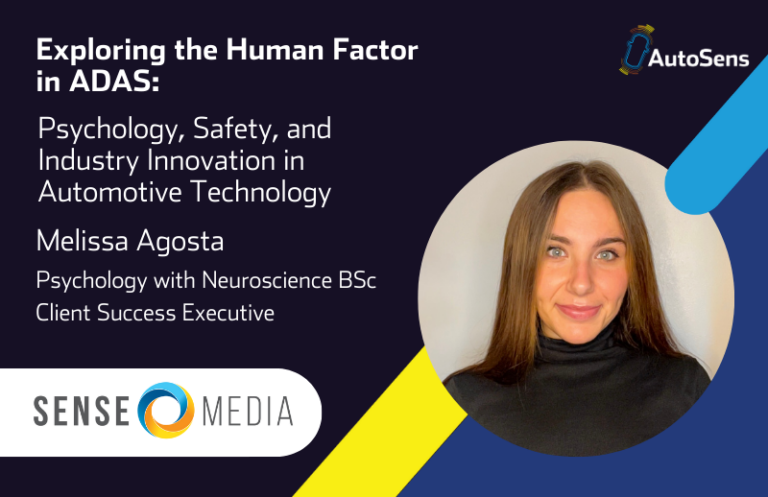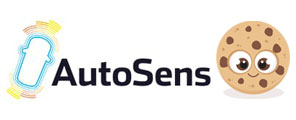
In the last few weeks before the inaugural AutoSens Detroit event, we will once again welcome numerous startups and companies providing new ideas, technologies and approaches to automotive safety. Richard Baverstock, founder of Mogol, will be there, representing his company for the first time in front of the growing AutoSens community.
His company is developing Glide, a connected car platform the allows traffic managers to directly communicate with vehicles and actively manage traffic on any road.
You attended the University of Waterloo, and worked at NVidia, two organisations with strong driverless vehicle reputations – can you share your highlights from each experience?
University of Waterloo really shaped who I’ve become as an engineer and a professional. UW has always had a reputation of being able to do a lot with a little, and I think that’s something that gets instilled in their students and makes them great entrepreneurs.
NVIDIA was and still is one of my favourite companies. They have world class engineers, they work on world class problems, and they do it with world class quality. One of my favourite times at NVIDIA was working on Tegra P1, the chip in the Drive PX2 system. So many things came together so quickly for that chip, it really inspired me about what is possible when an entire team is aligned and focussed on their mission.
The business is new, but you’ve got enough experience to see companies or innovators you admire, who are they and why do you look up to them?
I feel like I’m picking some obvious ones, but Jensen Huang and Elon Musk are the two who come to mind immediately, and for different reasons. At NVIDIA, Jensen was our fearless leader. He inspired everyone to deliver amazing results. He also made hard decisions, refocussed when necessary, and was brutally honest.
Elon I find inspiring because he’s set on fixing problems that matter. There’s not enough startups addressing real, fundamental problems in our society and way of life. We need more entrepreneurs to fix big problems and cause a giant leap forward.
There are lots of opportunities for start-ups with big mobility or technology ideas, what convinced you to join the AutoSens community?
There’s a lot of communities that have a particular focus – connected car, lidar, vision, AI – but AutoSens was taking initiative in bridging a lot of fields, and I think as the technological singularity that a lot of people are talking about gets nearer and nearer, we can’t isolate these discussions.
Why have you developed an SDK / API, rather than a standalone product?
It really came down to two questions: which approach is the best way to achieve our vision of making traffic move again, and who exactly is our customer? We didn’t want to compete for face time with other apps and navigation products. There’s a lot of good mapping software out there, and that’s not our expertise. However, we can help those products get their users home faster and safer, and the best way to do that is through a cloud platform.
Tell us about ‘theologically informed leadership’ – what does it mean and what does it offer outside traditional leadership practices?
As a Christian, my life should reflect the life of Jesus, be an icon representing him. He sat at the least-favoured seat at the table. He made himself a servant. He was selfless. Theologically informed leadership should have the same mindset as Christ: do nothing out of selfish ambition, be humble and value your team above yourself, and don’t prioritize your own interests but instead prioritize the interests of your team and your colleagues.
You’re developing a reputation as a great presenter, what can AutoSens delegates look forward to seeing when you pitch?
I’ll be sharing where we see the future of driving going and how we can plan to cut journey times during rush hour in half.
Making the change from hardware design to software development is quite a jump, how has your experience shaped the product and ideas you now develop?
Designing hardware taught me a lot about working efficiently. I think it’s best explained with an analogy to power lifting. There’s a concept in power lifting called work capacity. ‘Stronger By Science’ [a free online source of fitness advice] defines work capacity as “the total amount of work you can perform, recover from, and adapt positively to,” to consistently get stronger, you want to increase your work capacity over time.
Hardware, and software design, can be thought about the same way. A lot of entrepreneurs and beginning developers spend an exhausting amount of time working with very little results. Their work capacity is very low. In hardware, this is a big problem because all verification needs to be done before taking out a chip and testing iterations can take minutes to hours, even days. Learning how to increase the amount of work that we can do in a fixed period of time, our work capacity, has been key to rapid and high quality development.
There’s still time to book your place at the most exciting vehicle perception conference Detroit will see this year, and with workshops, start-ups, a diverse conference line-up and stimulating networking and social program, there are plenty of opportunities to learn, develop and do business.
